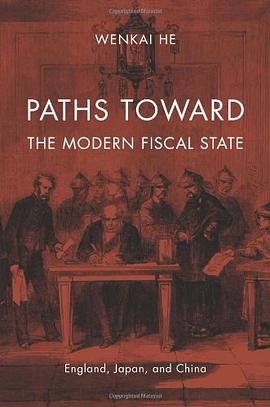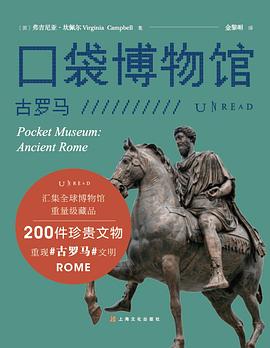Paths toward the Modern Fiscal State
内容简介
The rise of modern public finance revolutionized political economy. As governments learned to invest tax revenue in the long-term financial resources of the market, they vastly increased their administrative power and gained the ability to use fiscal, monetary, and financial policy to manage their economies. But why did the modern fiscal state emerge in some places and not in others? In approaching this question, Wenkai He compares the paths of three different nations--England, Japan, and China--to discover why some governments developed the tools and institutions of modern public finance, while others, facing similar circumstances, failed to do so. Focusing on three key periods of institutional development--the decades after the English Civil Wars, the Meiji Restoration, and the Taiping Rebellion--He demonstrates how each event precipitated a collapse of the existing institutions of public finance. Facing urgent calls for revenue, each government searched for new ways to make up the shortfall. These experiments took varied forms, from new methods of taxation to new credit arrangements. Yet, while England and Japan learned from their successes and failures how to deploy the tools of modern public finance and equipped themselves to become world powers, China did not. He's comparative historical analysis isolates the nature of the credit crisis confronting each state as the crucial factor in determining its specific trajectory. This perceptive and persuasive explanation for China's failure at a critical moment in its history illuminates one of the most important but least understood transformations of the modern world.
......(更多)
作者简介
Wenkai He (Ph.D., MIT, 2007), is assistant professor of Social Science. Before joining the Division of Social Science of HKUST, he was An Wang postdoctoral fellow at the Fairbank Center for Chinese Studies at Harvard University. His research interests include comparative historical analysis in social science, political economy of state formation, and the political and economic history of China. His manuscript, The Paths toward the Modern Fiscal State: Early Modern England, Meiji Japan, and Qing China, has been accepted by the Harvard University Press for publication. His current research project, funded by Hong Kong’s Research Grants Council (RGC), is a comparative study about legitimation of state power through social policies such as plague prevention, famine relief and river works in early modern England and 18-19th century Japan and China.
......(更多)
目录
Acknowledgments
Introduction
1. Credit Crises in the Rise of the Modern Fiscal State
2. England’s Path, 1642–1752
3. The Rapid Centralization of Public Finance in Japan, 1868–1880
4. The Emergence of the Modern Fiscal State in Japan, 1880–1895
5. Economic Disruption and the Failure of Paper Money in China, 1851–1864
6. The Persistence of Fiscal Decentralization in China, 1864–1911
Conclusion
Notes
Bibliography
Index
......(更多)
读书文摘
The mutual reinforcement between fiscal decentralization and local participation in the maintenance of sociopolitical order resulted in a degree of political stability,...
......(更多)






